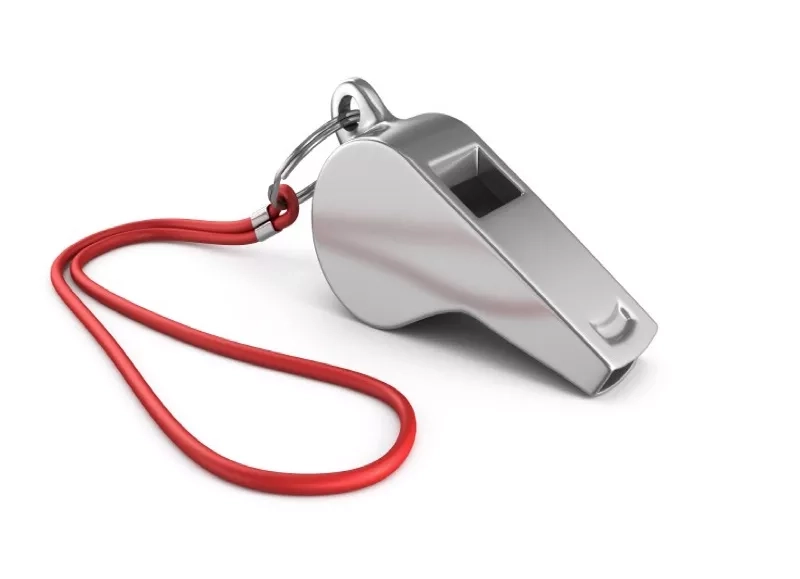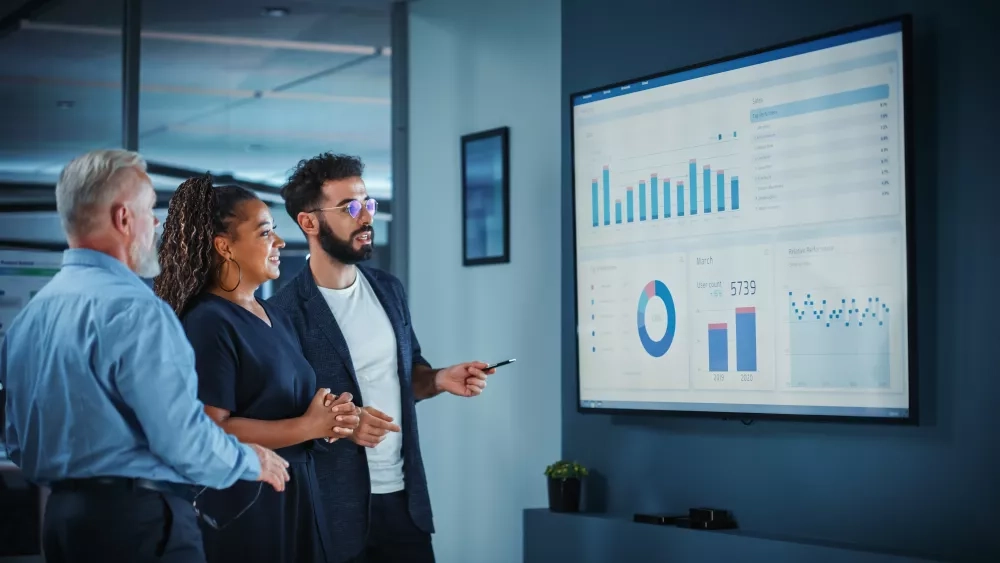Governance aspect of ESG; who does what and how we aim to achieve our goals

Focus areas
- Anti-corruption
- Supply chain management
- Management systems
Owners’ directives and policy documents form the foundation of the Group’s governance and compliance strategies. They also govern its decentralized organization. In line with this, Bruks Siwertell’s sustainability work is conducted at the local divisional level, but is held and coordinated through our global sustainability councils, which collaborate with other specialized councils.
Anti-corruption - Zero tolerance
Bruks Siwertell is a global group with inter- actions between customers, suppliers and busi- ness partners around the world. Within the different divisions, representatives or dealers are used to reach out to different markets. Due to its global representation, the Group sometimes operates in countries with an increased risk of corruption. The Group adheres to the principles of the UN Global Compact. The principles are found in the Group’s policies and agreements, and are integrated into working methods and processes to create a good business culture and business responsibility, which is a key to the Group’s long-term success.
Bruks Siwertell has zero tolerance towards corruption. The work is based on international and local regulations in countries where operations occur, and is supplemented with the Group’s Code of Conduct and anti-corruption policies as a means of preventing any violations. The anti- corruption policy is available to all personnel on the company’s intranet and must be signed by each person. The policy serves primarily as educational material for situations where bribery tends to occur and includes methods to avoid corruption. The anti-corruption policy provides compliance requirements to prevent improper payments and to ensure accurate reporting of permitted payments under all applicable anti- bribery laws.
Group policies permeate daily work and apply to all personnel within the Group as well as agents with whom Bruks Siwertell cooperates. To further increase the importance of this work, Group-wide anti-corruption training is being conducted. In 2022, 100% of managers and 94% of all personnel completed this training.
Whistleblowing
The whistleblowing function is an important part of Bruks Siwertell’s work against corruption and part of our risk prevention work. The whistleblowing system creates a channel for reporting suspected internal violations of our governing documents and frameworks, suspicions of irregularities, corruption or harassment. The whistleblowing system is provided by a third party, which enables an anonymous reporting channel for information that is otherwise not captured by normal procedures. In 2022, no cases that qualified under the whistleblowing guidelines were recorded.

Supply Chain Management - Human rights throughout
The Group works continuously to detect, prevent and limit negative impacts on human rights, and is committed to complying with the UN’s Guiding Principles on Business and Human Rights. Respecting and supporting human rights is also found in the Group’s Code of Conduct for suppliers and Code of Conduct for agents and partners; documents are available to all personnel via the company’s intranet and distributed for external agents and partners to sign.
Due to the Group’s global representation, Bruks Siwertell may operate in countries with an increased risk of human rights violations. Through risk analyses, the Group’s units have mapped risks, their probability and consequence at the various stages of the business’ value chain, from the extraction of raw materials, to transport, manufacturing and assembly. For example, there could be the risk of child labor, forced labor, poor working conditions, restrictions on freedom of association and discrimination.
Long-term relationships with suppliers, regular visits and a local presence are considered to be the key to ensuring efficient, compliant purchasing processes where quality and sustainability are in focus. Operational decisions regarding purchasing take place locally at the units, where local knowledge can be enlisted. Local offices have been established in places where important suppliers are located. This enables the ongoing insight into suppliers’ operations as well.
Representatives from all units gather every month to exchange experiences within our Purchasing Council. In 2022, the Purchasing Council developed a new Code of Conduct for suppliers. This supplier Code of Conduct will support the work with sustainable supply chains and in 2023 will include the evaluation and follow-up of compliance with the Code of Conduct.

Management Systems - Improved processes and clear steps
By controlling operations based on the structure of management systems, systematic and continuous improvement work is created within all of the Group’s office units. The management systems consist of the Group’s vision, the values of the business, policies and goals, processes and established routines and methods of follow-up.
Systematic improvement work is based on activities such as risk analysis, internal control functions and management of non-compliances and follow-up of incidents. Examples of tools for this are incident follow-up systems, whistle- blowing functions, and internal and external audits. External follow-up, including contract follow-up and the follow-up of requirements in the supplier Code of Conduct, will continue to be developed and strengthened.
“Group management aims to integrate sustainability into all meetings and into all decisions, and further anchor this in local office units.”
2023 priority governance action
 Bruks-Siwertell
Bruks-Siwertell

